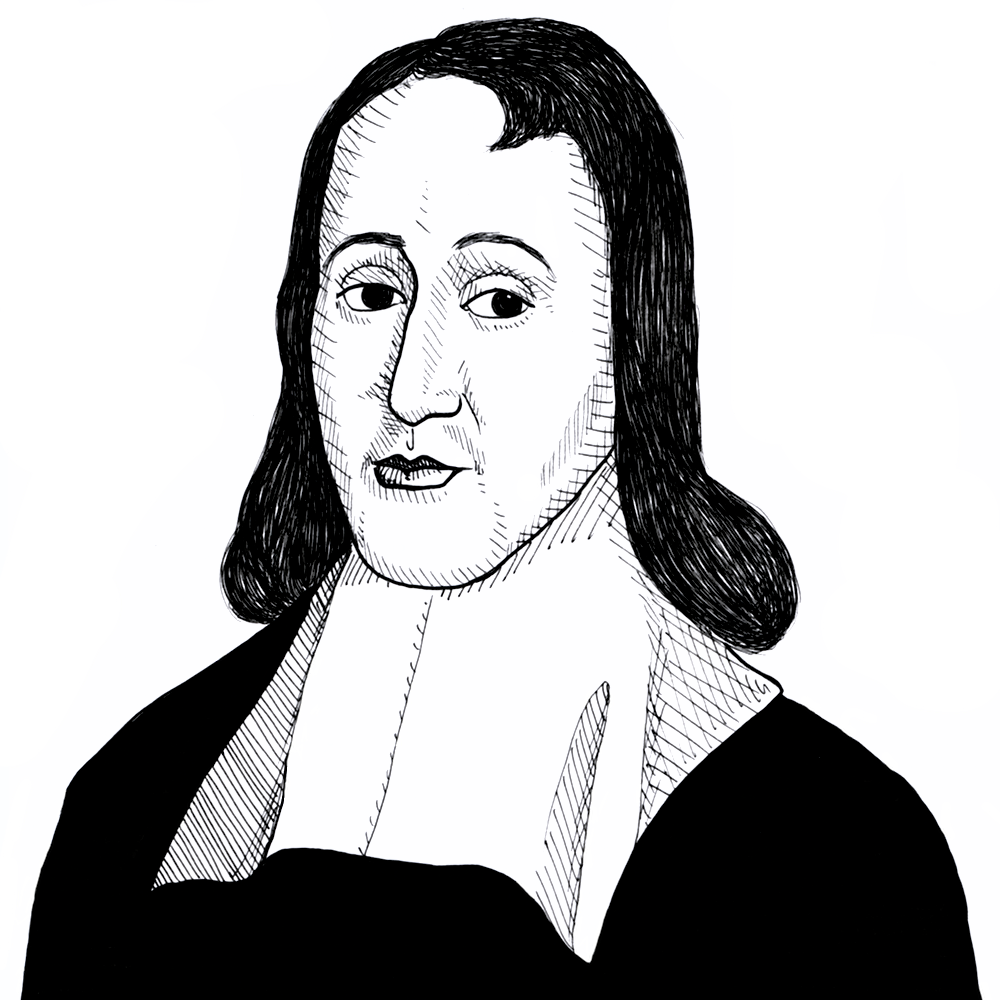
Spinoza on being master of one’s own thoughts (1670)
Found in: The Chief Works of Benedict de Spinoza, vol 1
The Dutch rationalist philosopher Benedict de Spinoza (1632-1677) thought that the right of the individual to the free expression of his or her ideas was an “indefeasible natural right” much like the right to property:
Freedom of Speech
Since, therefore, no one can abdicate his freedom of judgment and feeling; since every man is by indefeasible natural right the master of his own thoughts, it follows that men thinking in diverse and contradictory fashions, cannot, without disastrous results, be compelled to speak only according to the dictates of the supreme power. …
(T)he object of government is not to change men from rational beings into beasts or puppets, but to enable them to develope their minds and bodies in security, and to employ their reason unshackled; neither showing hatred, anger, or deceit, nor watched with the eyes of jealousy and injustice. In fact, the true aim of government is liberty.